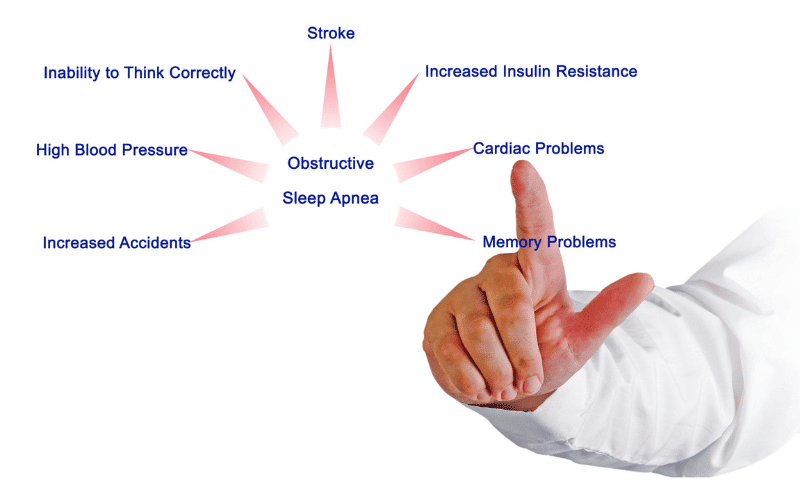Introduction: Unraveling the Mystery of Excessive Sleeping

A strange phenomenon that puzzles many is excessive sleeping and constant daytime sleepiness. Regardless of the number of hours spent in the realm of dreams, a significant number of individuals wake up feeling drained, as if sleep had eluded them entirely. This peculiar predicament, often dismissed as mere fatigue, can be a symptom of a deeper, underlying issue.
A study by the National Sleep Foundation estimates that nearly a third of the population experiences symptoms of excessive sleep. This statistic isn’t merely about those who love to hit the snooze button or enjoy a lazy Sunday snooze; it’s about individuals who find themselves constantly trapped in the clutches of unwarranted sleepiness. This condition can have a profound impact on an individual’s quality of life, affecting their work, relationships, and overall well-being.
Understanding what drives this excessive sleep and daytime sleepiness is the first step towards addressing it. The causes can range from lifestyle factors to more severe medical conditions. To find a solution, we must first understand the problem in its entirety.
In this article, we will dive deep into the world of sleep and explore fifteen potential causes of excessive sleeping and daytime sleepiness. Each of these causes will provide a new perspective on why you, or someone you know, might be experiencing these sleep-related issues. The intention is not to self-diagnose, but to equip you with the knowledge needed to seek appropriate medical advice.
Cause 1. Obstructive Sleep Apnea: The Silent Disruptor of Restful Slumber

Obstructive Sleep Apnea (OSA) is a significant cause of excessive sleeping. This sleep disorder occurs when the muscles in the back of your throat relax too much to allow normal breathing. These muscles support structures including the soft palate, the uvula (the triangular piece of tissue dangling from the soft palate), the tonsils, and the tongue.
When these muscles relax, your airway narrows or closes as you breathe in, and you can’t get an adequate breath in. This may lower the level of oxygen in your blood. Your brain senses this inability to breathe and briefly rouses you from sleep so that you can reopen your airway. This awakening is usually so brief that you don’t remember it.
You might make a snorting, choking, or gasping sound. This pattern can repeat itself five to thirty times or more each hour, all night long. These disruptions impair your ability to reach the desired deep, restful phases of sleep, and you’ll probably feel sleepy during your waking hours.
People with obstructive sleep apnea might not be aware that their sleep was interrupted. In fact, many people with this type of sleep apnea think they sleep well all night.
Because of the daytime sleepiness and fatigue associated with obstructive sleep apnea, you might have difficulty concentrating and find yourself falling asleep at work, while watching television, or even when driving. It can also lead to mood changes such as depression or irritability. (1)